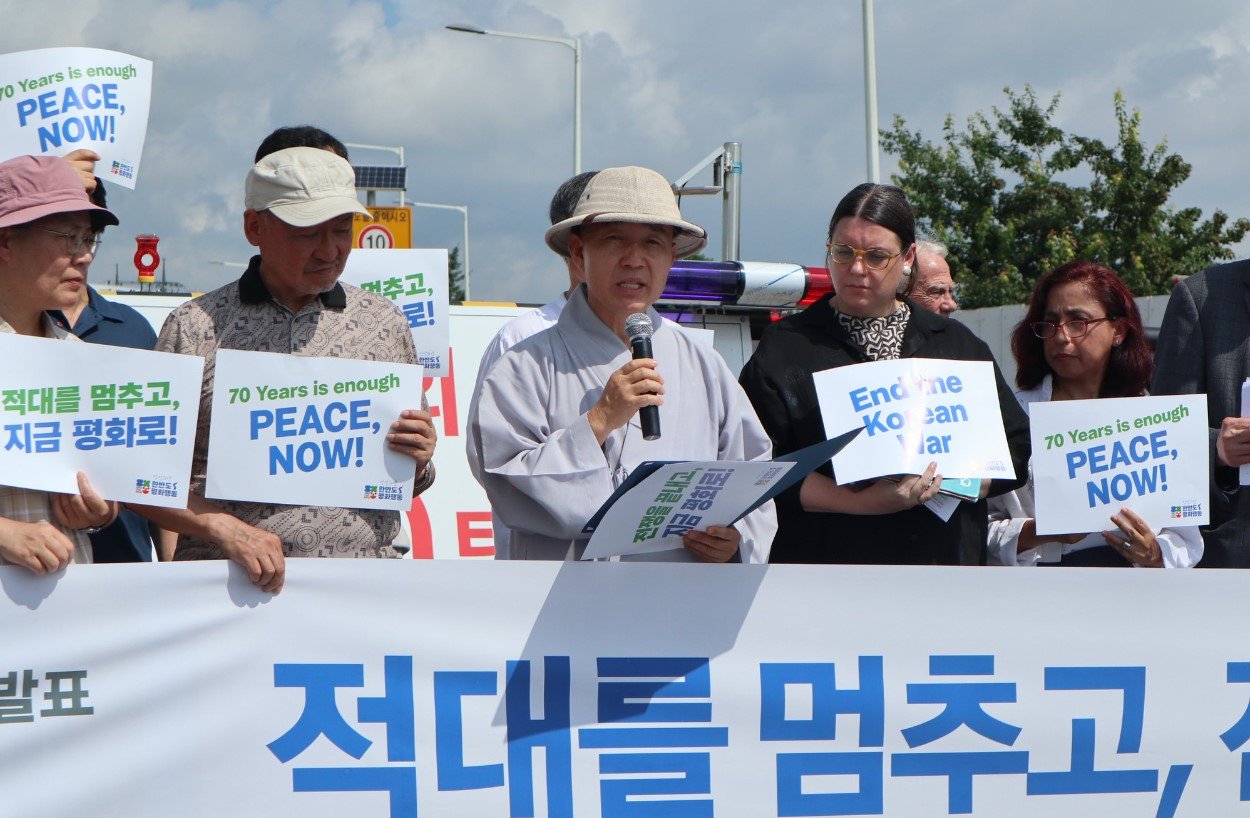Seventy years have passed since the signing of the Korean War Armistice on July 27, 1953, which brought an end to active hostilities but failed to establish a lasting peace. The conflict, often referred to as “The Forgotten War,” left a profound impact on the Korean Peninsula and the world. Despite the cessation of fighting, the war technically never ended, and the Korean Peninsula remains divided. Efforts to formally end the war and achieve lasting peace continue to this day, highlighting the enduring legacy of the conflict.
The Historical Context of the Korean War
The Korean War began on June 25, 1950, when North Korean forces, backed by the Soviet Union and China, invaded South Korea. The United States, under the banner of the United Nations, intervened to support South Korea. The war quickly escalated into a brutal conflict, with both sides suffering heavy casualties. The armistice signed in 1953 was intended as a temporary measure, but a formal peace treaty was never achieved.

The war’s impact on the Korean Peninsula was devastating. Millions of lives were lost, and the region was left in ruins. The division of Korea into North and South, along the 38th parallel, became a permanent fixture. The armistice established the Korean Demilitarized Zone (DMZ), a heavily fortified border that remains one of the most militarized areas in the world.
Efforts to reunify Korea have faced numerous challenges. Political tensions, ideological differences, and external influences have all played a role in maintaining the status quo. Despite various diplomatic efforts, including summits and negotiations, a formal peace treaty remains elusive.
The Ongoing Struggle for Peace
In recent years, there have been renewed efforts to formally end the Korean War. Advocates for peace have called for a permanent peace treaty to replace the armistice. These efforts have gained momentum, with support from various international organizations and governments. However, significant obstacles remain, including political disagreements and security concerns.
The role of the United States in the Korean Peninsula continues to be a contentious issue. The U.S. maintains a significant military presence in South Korea, which North Korea views as a threat. Diplomatic efforts to address these concerns have been met with mixed results. While there have been moments of progress, such as the historic summits between North and South Korean leaders, lasting peace remains out of reach.
The humanitarian impact of the ongoing conflict cannot be overlooked. Families remain divided, and the people of North Korea face severe economic hardships. Human rights abuses in North Korea have been widely documented, adding another layer of complexity to the peace process. Addressing these issues is crucial for achieving a comprehensive and lasting resolution.
The Path Forward
Looking ahead, the path to peace on the Korean Peninsula requires sustained diplomatic efforts and international cooperation. Building trust between the parties involved is essential. Confidence-building measures, such as cultural exchanges and economic cooperation, can play a vital role in fostering a conducive environment for peace talks.
The involvement of regional powers, including China and Russia, is also critical. Their influence and support can help facilitate dialogue and negotiations. Additionally, the role of international organizations, such as the United Nations, in mediating and supporting the peace process cannot be overstated.
Public awareness and advocacy are crucial in maintaining momentum for peace efforts. Grassroots movements and civil society organizations have been instrumental in pushing for a formal end to the Korean War. Their continued engagement and pressure on governments can help keep the issue on the global agenda.
In conclusion, the 70th anniversary of the Korean War Armistice serves as a reminder of the enduring legacy of the conflict and the ongoing struggle for peace. While significant challenges remain, the commitment to achieving a lasting resolution must continue. The path to peace is complex, but with sustained efforts and international cooperation, a peaceful and unified Korean Peninsula is possible.
































